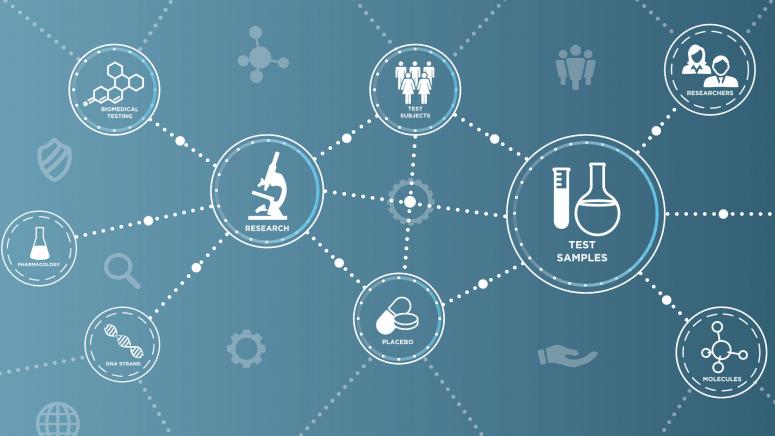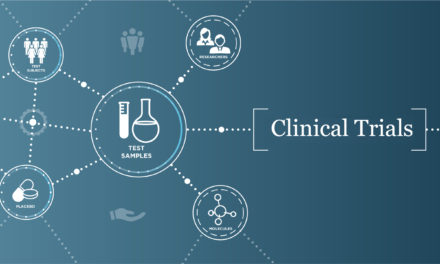- A clinical trial evaluating the effectiveness of Abbott Laboratories’ implantable heart failure monitor in an expanded patient population missed its primary endpoint, but a pre-COVID-19 impact analysis showed a potential benefit in reducing hospitalizations for patients with mild heart failure symptoms, according to results presented in The Lancet.
- Abbott said it worked with FDA on the separate analysis taking the pandemic into account. The medtech has filed a premarket approval supplement with FDA to seek an expanded indication for the CardioMEMS device, already approved for New York Heart Association Class III heart failure patients.
- Wall Street analysts noted the results are not ideal, but several predicted that given that FDA cleared the new analysis, it may be enough to support labeling expansion for NYHA Class II patients. The results were also presented at the European Society of Cardiology Congress 2021.
Dive Insight:
Abbott views the CardioMEMS monitoring system as a significant opportunity in the space and is investing in the clinical evidence to support broader adoption to build out its heart failure portfolio, which also includes the HeartMate 3 left ventricular assist device, CEO Robert Ford said on a second-quarter earnings call in July.
Abbott stands to see more demand for HeartMate to treat patients with advanced heart failure after Medtronic pulled its competing circulatory support device, HeartWare, from the market in June following a series of recalls and higher rates of adverse events linked to the product.
The paper clip-sized CardioMEMS sensor is implanted in the pulmonary artery during a minimally invasive procedure to monitor for pressure changes that indicate worsening heart failure. The device, which won FDA approval for NYHA Class III patients in 2014, connects to a system that provides daily pressure readings remotely to a patient’s physician.
Now, Abbott is hoping to gain approval to market the device for use in a broader group of patients. The 1,000-patient GUIDE-HF study looked at patients with both NYHA Class II and Class IV heart failure, to determine if the benefits of the device seen for Class III patients extend to those whose disease is in earlier or later stages.
Heart failure management with the Abbott device did not result in a lower composite endpoint rate of mortality and total heart failure events compared with the control group in the overall study analysis. But to reflect the point in time where patient behaviors and research procedures may have changed due to the pandemic, Abbott received FDA approval in August 2020 to add a COVID-19 sensitivity analysis to the study to assess all data captured prior to March 13, 2020, when 1,000 patients had been implanted and 72% of patient follow-up was completed.
According to Abbott, the data adjusted for the impact of COVID-19 showed a 19% reduction in the study’s composite endpoint and a 28% reduction in heart failure hospitalizations for patients with the device. The study suggested better outcomes for Class II patients who received the CardioMEMS sensor, with a 34% reduction in heart failure hospitalizations, emergency visits and death, Abbott said.
J.P. Morgan’s analysts said they did not see a barrier to approval of an expanded indication for the device based on the sensitivity analysis and predicted an approval in late 2021.
“In our view, the FDA doesn’t want to nullify all trials conducted during COVID-19 due to the severe impacts on the treatment and control arms due to last years’ shutdown, but rather is relatively open to working collaboratively with industry and the medical societies to use available data and interpret an outcome (like with GUIDE-HF),” the analysts said.










